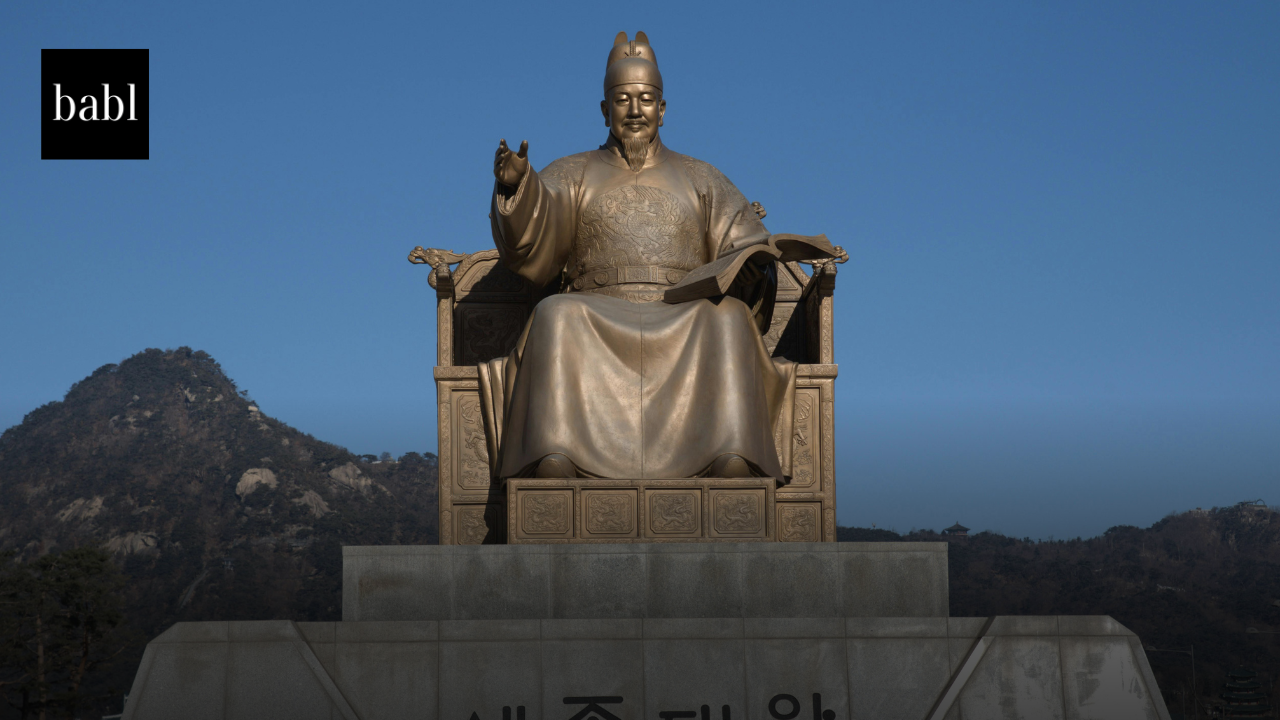Koo Yun-cheol, the nominee for South Korea’s next finance minister, is expected to spearhead the Lee Jae Myung administration’s push to make artificial intelligence (AI) the nation’s primary economic growth engine, according to the Korea Times.
Koo, a veteran public official who previously served as budget chief at the Ministry of Economy and Finance and later as minister of government policy coordination, is poised to prioritize AI-driven economic transformation across fiscal, tax, and industrial policies to counter Korea’s slowing growth and aging population.
The Ministry of Economy and Finance submitted a comprehensive AI strategy to the presidential policy committee. The plan outlines an “all-out AI transformation” across economic, social, and technological domains. Central to this effort are investments in infrastructure, including data centers and power grids, aimed at improving total factor productivity.
Koo’s role will involve coordinating pan-government strategies, while the Ministry of Science and ICT focuses on AI infrastructure and Korea’s sovereign AI initiatives. A detailed AI roadmap is expected to follow, targeting sectors such as manufacturing, public services, and nonmanufacturing industries.
Private-sector leaders are also joining the AI push. Former LG AI Research head Bae Kyung-hoon has been nominated as Minister of Science and ICT, and former Naver Cloud AI executive Ha Jung-woo now serves as senior presidential secretary for AI Future Planning.
A task force will soon be launched to oversee AI policy coordination across government subcommittees.
A recent Bank of Korea report projects that AI adoption could raise total factor productivity to 3.2 percent and boost GDP growth to 12.6 percent. It could also soften labor supply declines caused by population aging.
In his recent book, Koo emphasized that AI governance must accompany technological advancement, advocating for bold, nationwide AI education to ensure sustainable growth and global leadership.
Need Help?
If you have questions or concerns about any global guidelines, regulations and laws, don’t hesitate to reach out to BABL AI. Their Audit Experts can offer valuable insight, and ensure you’re informed and compliant.





